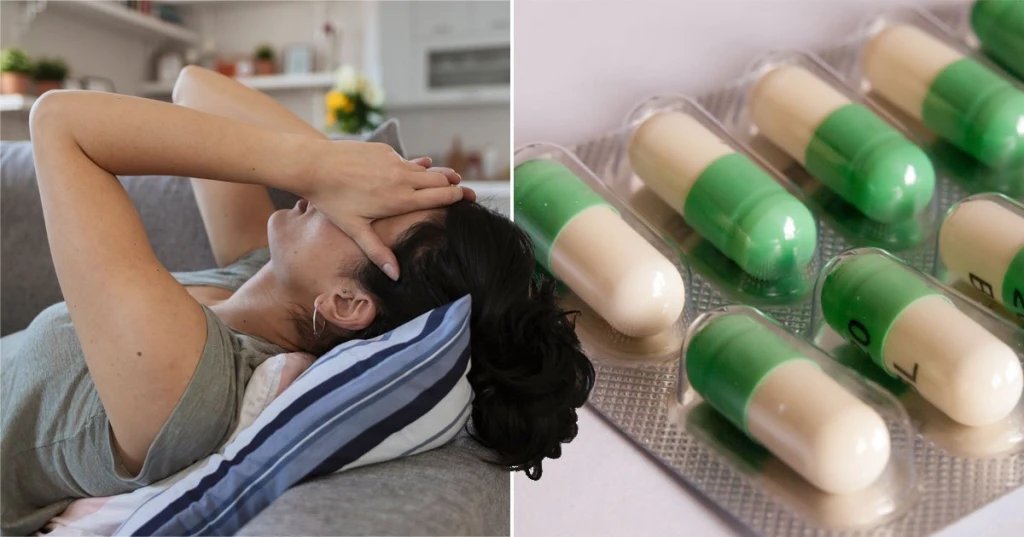Doctors set to offer people with mild depression alternatives to antidepressants.
The National Institute for Health and Care Excellence (Nice) said patients should be offered a choice of therapy or exercise before medication.
trib.al/tFq25cd
The National Institute for Health and Care Excellence (Nice) said patients should be offered a choice of therapy or exercise before medication.
trib.al/tFq25cd
The new guidelines – which are subject to consultation – also call for individual counselling sessions to be made available.
‘Do not routinely offer antidepressant medication as first-line treatment for less severe depression, unless that is the person’s preference.’
‘Do not routinely offer antidepressant medication as first-line treatment for less severe depression, unless that is the person’s preference.’

Doctors are being urged to talk to patients about what would suit them best – adding that group therapy could be offered as a first treatment.
The treatment focuses on how thoughts, beliefs, attitudes, feelings and behaviour interact, sets goals and teaches better coping skills.
The treatment focuses on how thoughts, beliefs, attitudes, feelings and behaviour interact, sets goals and teaches better coping skills.
Barbara Sahakian, a professor of clinical neuropsychology at Cambridge University, suggested that the treatments are ‘much better’ but patients must be ‘committed to them’ and said they require effort. 

She told BBC Radio 4’s Today programme: ‘Some people do prefer a quick fix (like tablets) but it is better for you in the long run to be able to manage your emotions and depression rather than have to take drugs for it… especially if you have got mild depression.’
Other interventions suggested include group behavioural activation, which helps the person to recognise negative patterns and focus on mood improving behaviours.
Individual BA or CBT may also be offered alongside group mindfulness or meditation, group exercise and counselling.
Individual BA or CBT may also be offered alongside group mindfulness or meditation, group exercise and counselling.
People could be offered a ‘menu’ as part of a discussion about what may be contributing to their depression.
The new draft guideline is the first in 12 years to identify, treat and manage depression in adults.
The new draft guideline is the first in 12 years to identify, treat and manage depression in adults.

Dr Paul Chrisp said: ‘People with depression deserve and expect the best treatment from the NHS which is why this guideline is urgently required.
‘The Covid-19 pandemic has shown us the impact depression has had on the nation’s mental health.
‘The Covid-19 pandemic has shown us the impact depression has had on the nation’s mental health.

‘People with depression need these evidence-based guideline recommendations available to the NHS, without delay.’
The guidance also tells doctors to discuss mental health waiting lists with patients and how long they may need to wait for treatment.
The guidance also tells doctors to discuss mental health waiting lists with patients and how long they may need to wait for treatment.

• • •
Missing some Tweet in this thread? You can try to
force a refresh










